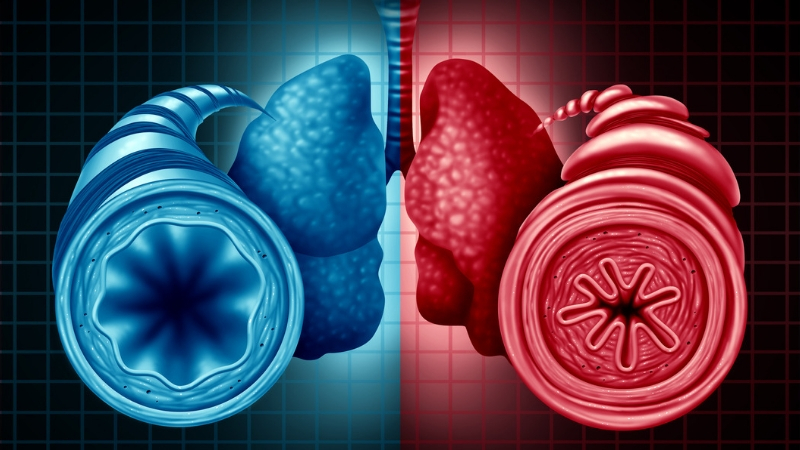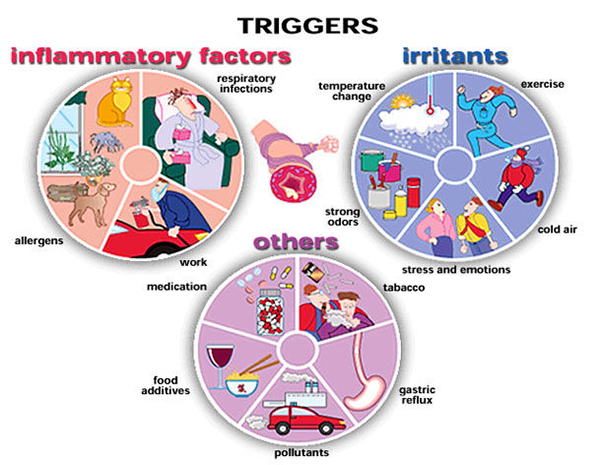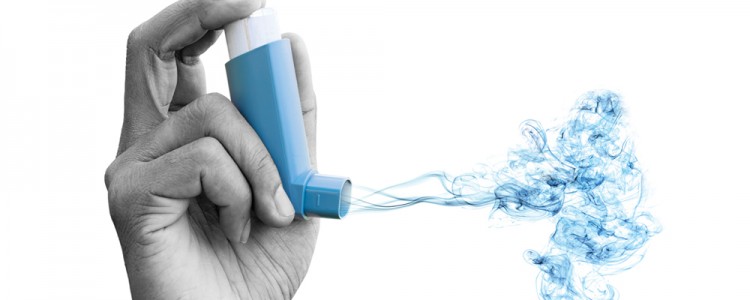Important facts about Asthma
Posted on June 18th, 2019 by Andries Lodder
Asthma is a condition in which a person’s airways become inflamed, narrow and swell, producing extra mucus, making it difficult to breathe. It can be a minor attack or severe which can interfere with daily activities. In some cases, it can lead to a life-threatening attack.

The exact cause of asthma is not entirely understood, however, each individual has different triggers.

Asthma signs and symptoms include:
- Shortness of breath
- Chest tightness or pain
- Trouble sleeping caused by shortness of breath, coughing or wheezing
- A whistling or wheezing sound when exhaling (wheezing is a common sign of asthma in children)
- Coughing or wheezing attacks that are worsened by a respiratory virus, such as a cold or the flu
Treatment
Prevention and long-term control are paramount in stopping asthma attacks before they start. It usually involves identifying your triggers, avoiding them and tracking your breathing to make sure your daily asthma medications are keeping symptoms under control.
In case of an asthma flare-up, you may need to use a quick-relief inhaler.
Medication
The right medications for you depends on several things:
- Age
- Symptoms
- Asthma triggers
- What works best to keep your asthma under control.
Commonly there are two categories of medication:
- Preventive, long-term control medications – reduce the inflammation in your airways that leads to symptoms.
- Quick-relief inhalers (bronchodilators) – quickly open swollen airways that are limiting breathing.

How to avoid triggers:
- Use your air conditioner. Air conditioning reduces the amount of airborne pollen from trees, grasses and weeds that finds its way indoors.
- Decontaminate your decor. Minimize dust that may worsen symptoms by replacing certain items in your bedroom.
- Maintain optimal humidity. If you live in a damp climate, talk to your doctor about using a dehumidifier.
- Prevent mold spores. Clean damp areas in the bath, kitchen and around the house to keep mold spores from developing.
- Reduce pet dander. If you’re allergic to dander, avoid pets with fur or feathers.
- Clean regularly. Clean your home at least once a week.
- Cover your nose and mouth if it’s cold out. If your asthma is worsened by cold or dry air, wearing a face mask can help.
For more information on asthma and how to train around it contact us
Tweet
